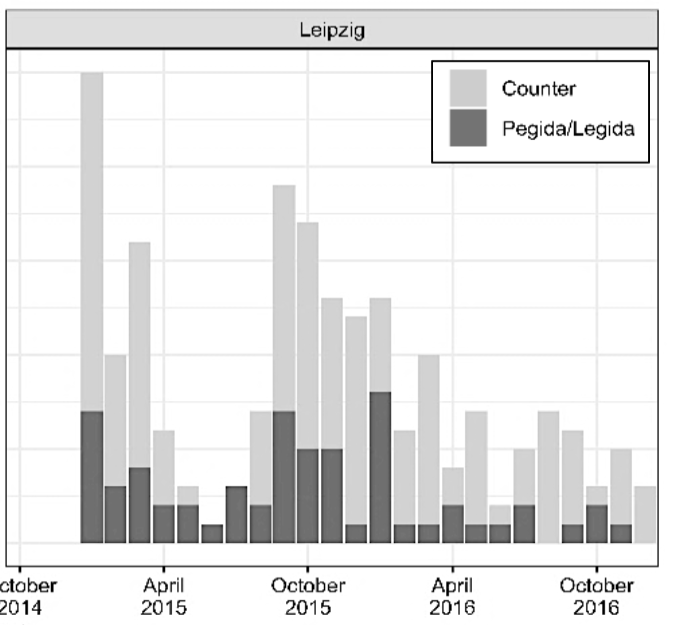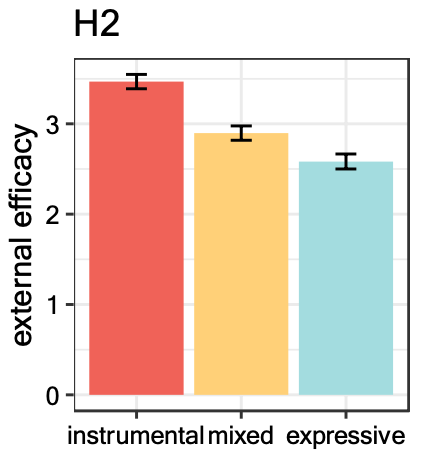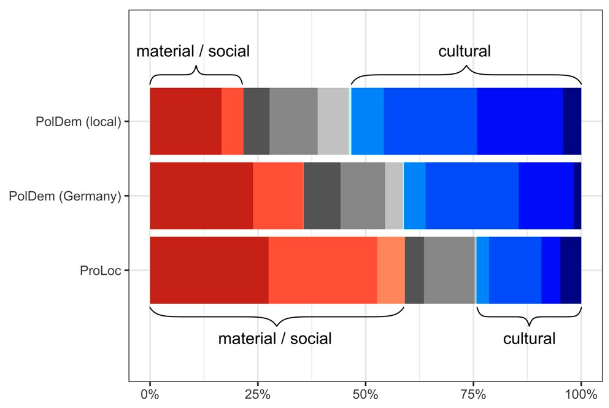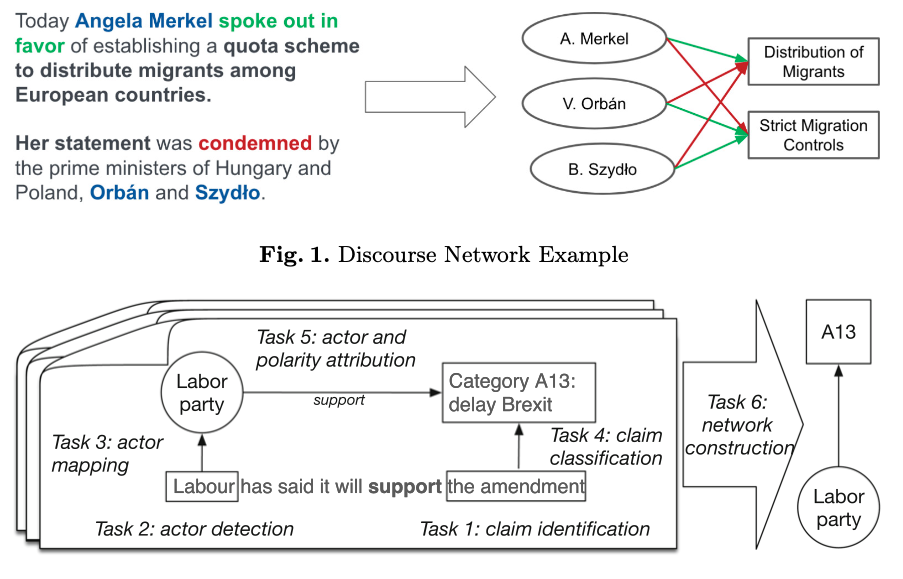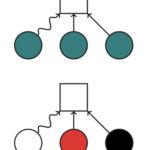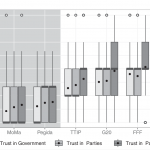Protest event analysis (PEA) is the core method to understand spatial patterns and temporal dynamics of protest. We show how Large Language Models (LLM) can be used to automate the classification of protest events and of political event data more broadly with levels of accuracy comparable to humans, while reducing necessary annotation time by several orders of magnitude.
Continue Reading →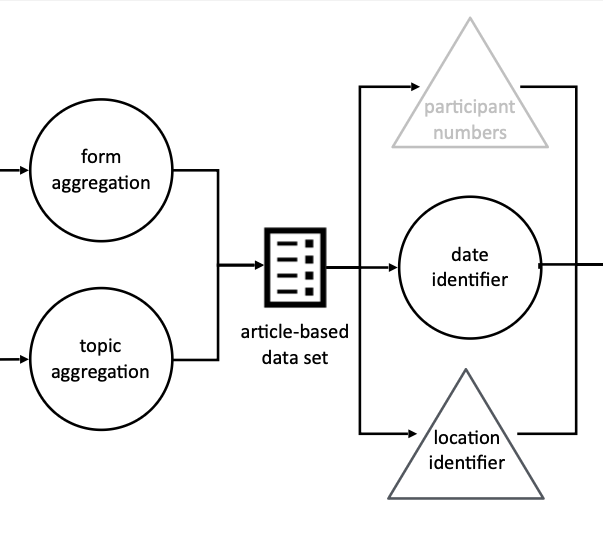
23. June 2025
by shaunss
0 comments

